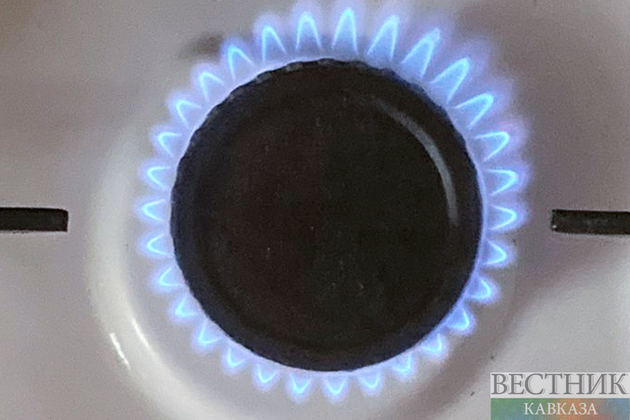Global sanctions on Russia and increasing competition for unsanctioned energy supplies are increasing Japan’s electricity prices and pressuring the country’s ability to meet its energy requirements. Although the long-term and abstract threat of climate change has been present for decades, it is the short-term and concrete threat of Russian disruptions to Japan’s energy supplies in the last couple of months that is finally forcing Japan to look to energy sources in addition to (not in lieu of) Russia while moving to decarbonize its energy supply.
The Diplomat reports that in part, that will include expanding energy cooperation with the United States. For example, when Japanese Prime Minister Kishida Fumio and U.S. President Joe Biden met in Tokyo recently, they discussed how to reduce dependency on Russian imports. On May 10, Japanese Minister of Economy, Trade, and Industry Hagiuda Koichi said, “The U.S. has expansion plans at existing projects, which could boost production in a relatively short period of time, and Japanese companies are showing interest (in those projects).” He continued, “Japan intends to contribute to starting up these U.S. projects with public financial support and proceed to cooperate with the U.S. in order to stabilize global LNG supply.” Japan Oil, Gas, and Metals National Corp. (JOGMEC), a state-owned entity, is likely to invest in expanding U.S. liquefied natural gas (LNG) supply at projects where Japanese companies are already involved.
However, this is not a complete pivot to the United States. Simultaneously, JOGMEC also holds a stake in the Russia-led Arctic LNG-2 project, and the Japan Bank for International Cooperation is also financing the Arctic LNG-2 project. Furthermore, Japan is not yet ready to abandon existing sources of Russian LNG. An annual government report adopted on June 7 affirmed that Japan would continue its participation in the Sakhalin-1 and Sakhalin-2 projects, which are “essential energy sources” for Japan. According to Japanese Ministry of Finance data, the United States was Japan’s fourth largest LNG supplier in 2021 (10 percent of Japan’s LNG imports), while Russia was Japan’s fifth largest (9 percent of Japan’s LNG imports). Japan’s strategy is not to replace all of Russian LNG with American LNG, but to increase imports from the United States.
It is in this context that Alaskan Governor Mike Dunleavy led a four-day trade mission to Japan in early June. Dunleavy met with Japanese government officials, utilities companies, and other stakeholders to discuss Alaskan natural gas exports to Japan, as well as the potential export of other new types of sustainable energy sources, including blue and green hydrogen. The trip came shortly after the first ever Alaska Sustainable Energy Conference.
Dunleavy remarked, “Alaska and Japan have a trade partnership going back over fifty years to the first LNG export from Nikiski to Japan… The natural gas of the Cook Inlet literally turned the lights on in cities across Japan and powered the economic engine that lifted that nation’s postwar society into a critically powerful Western ally.” Turning his attention to today’s circumstances, the governor added, “There appears to be, due to the shift across the world away from older fuel sources, and the simultaneous need for supplies that are not risked due to political instability, a role that Alaska natural gas could play.”
This was Dunleavy’s second foreign trip as governor; his first was also to Japan in 2019 to mark the 50th anniversary of the first LNG shipment from Nikiski to Tokyo. Future Japan-Alaska energy cooperation is an area to watch for potential developments in alleviating Japan’s energy shortages in the long run.
Other steps the Japanese government is considering to reduce Japan’s reliance on increasingly expensive international imports and decarbonize include asking the public to conserve energy resources and increasing the use of nuclear and other renewable energy. The private sector is also tackling this challenge through steps such as an agreement between Shell-Tokyo Gas-Osaka Gas to explore decarbonizing their respective energy production processes, and implementing new technology to use geothermal energy.






